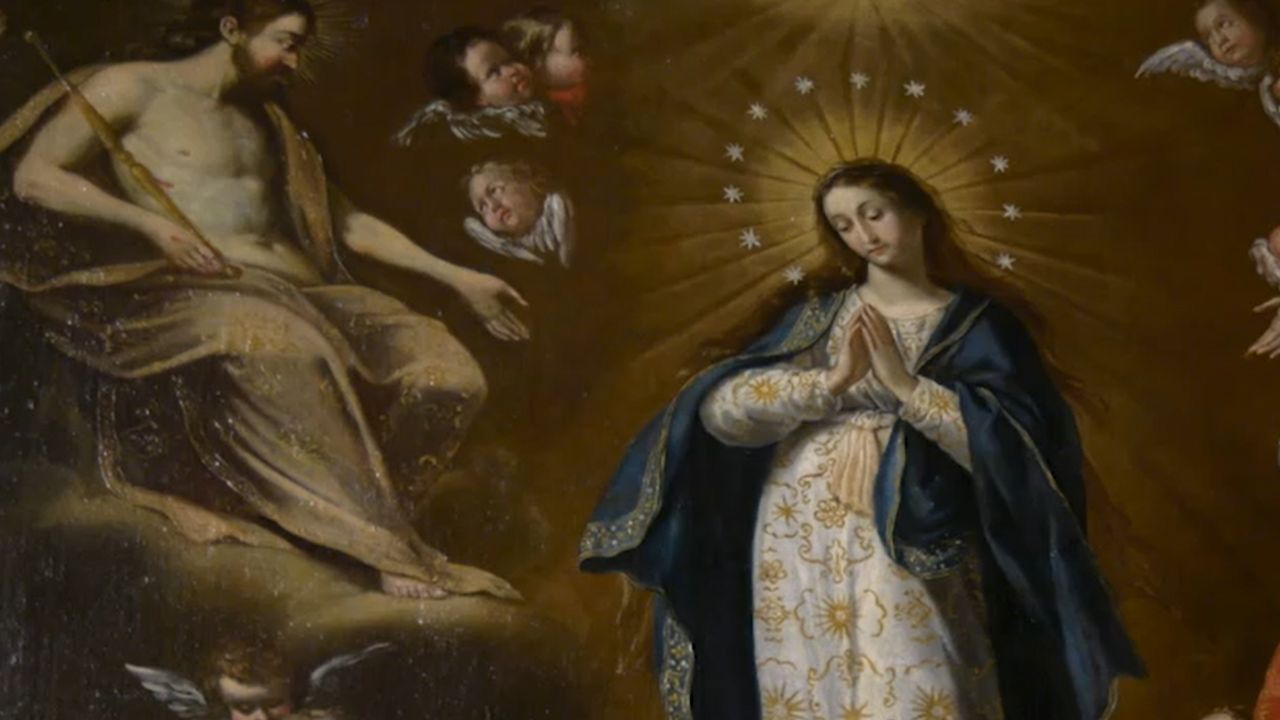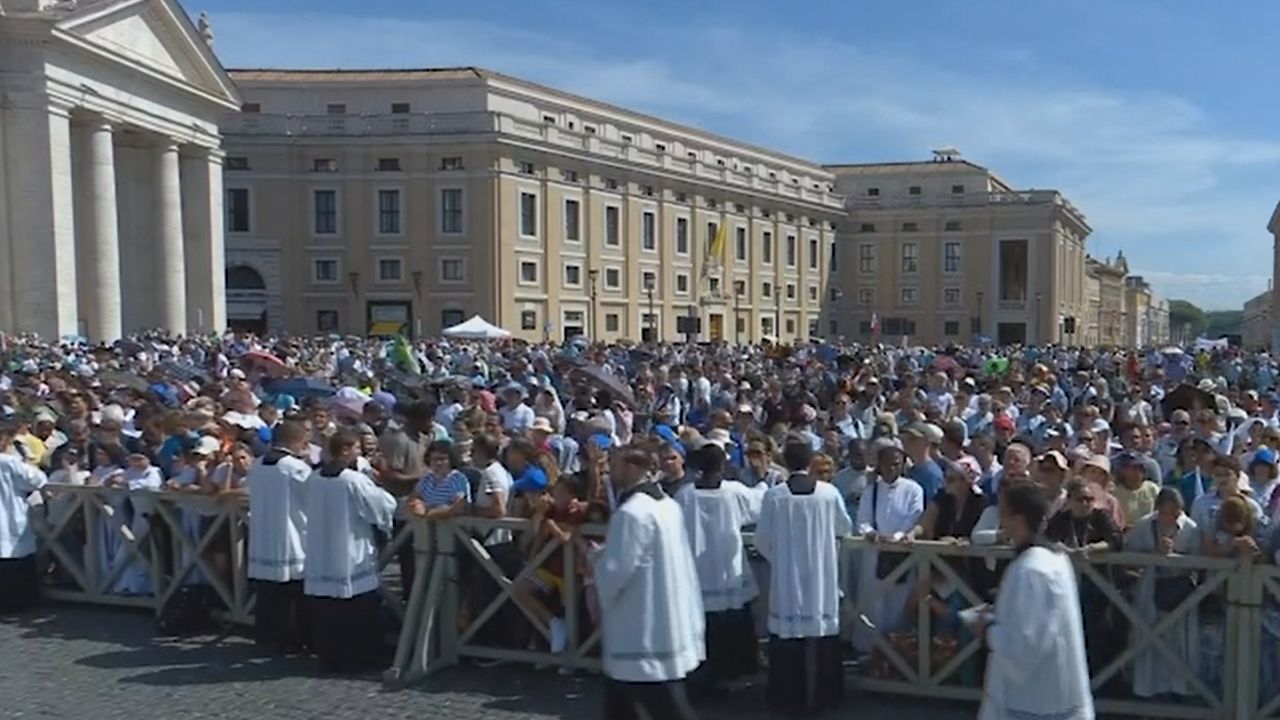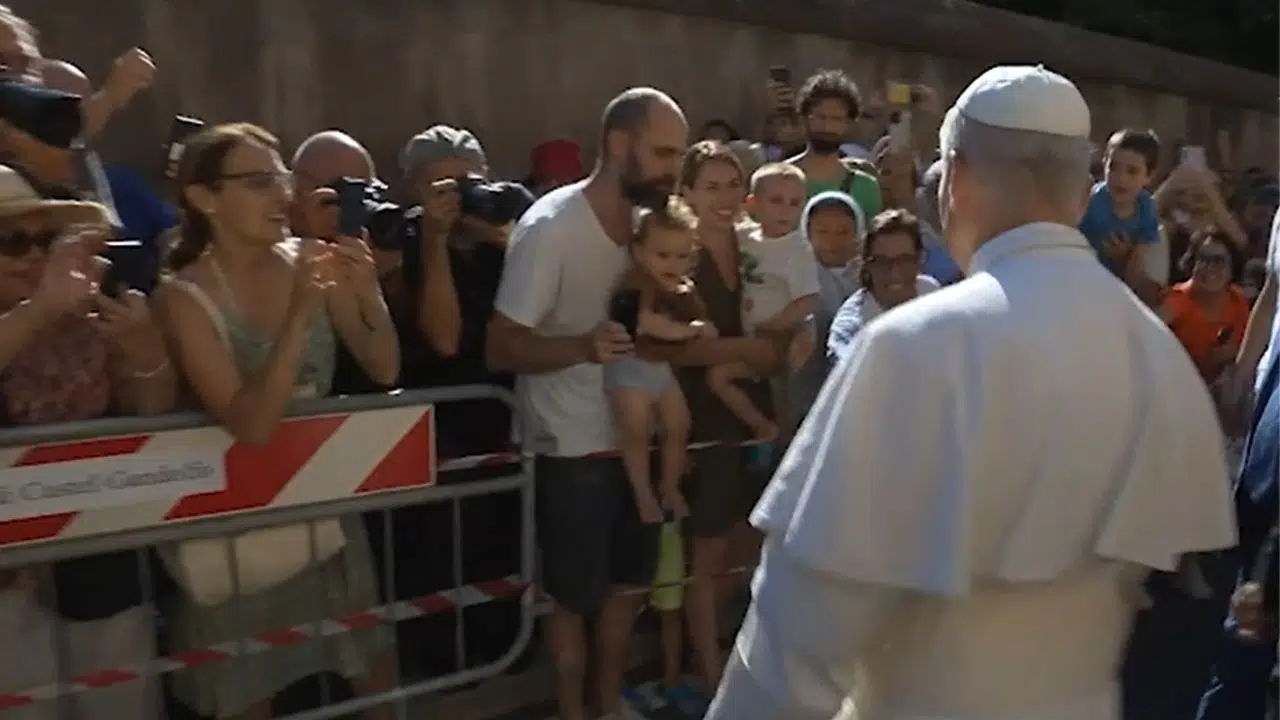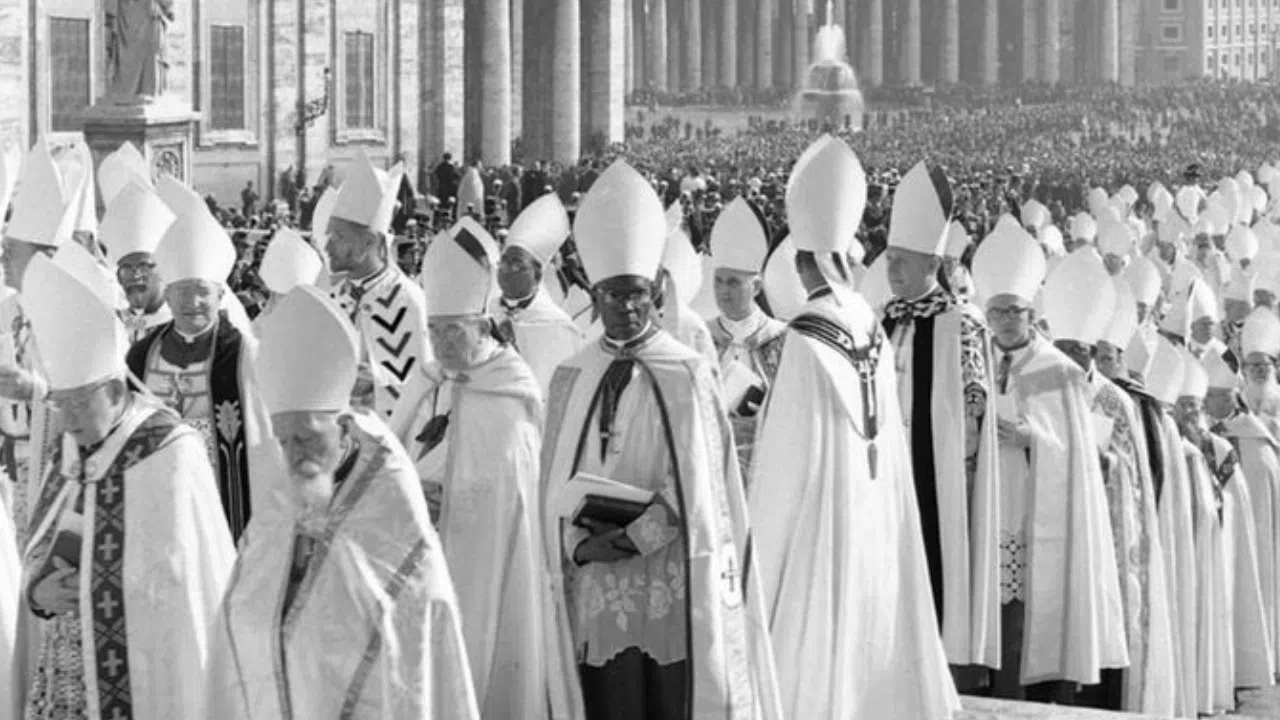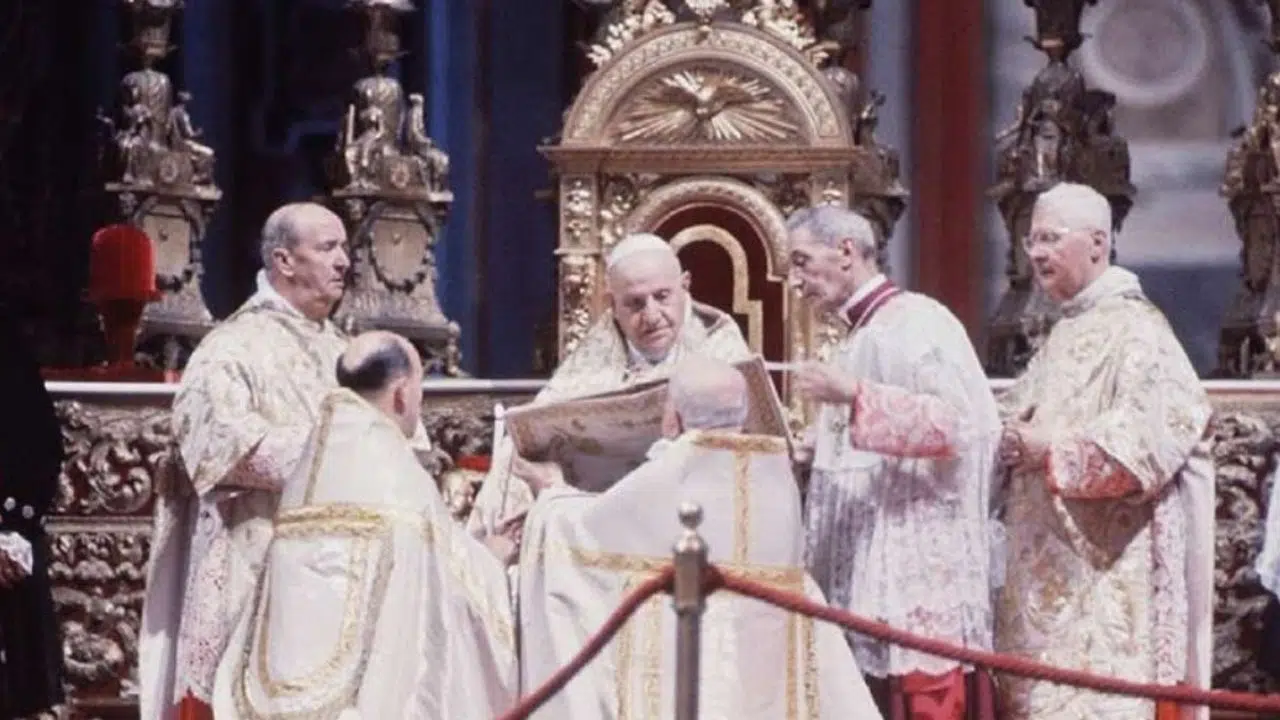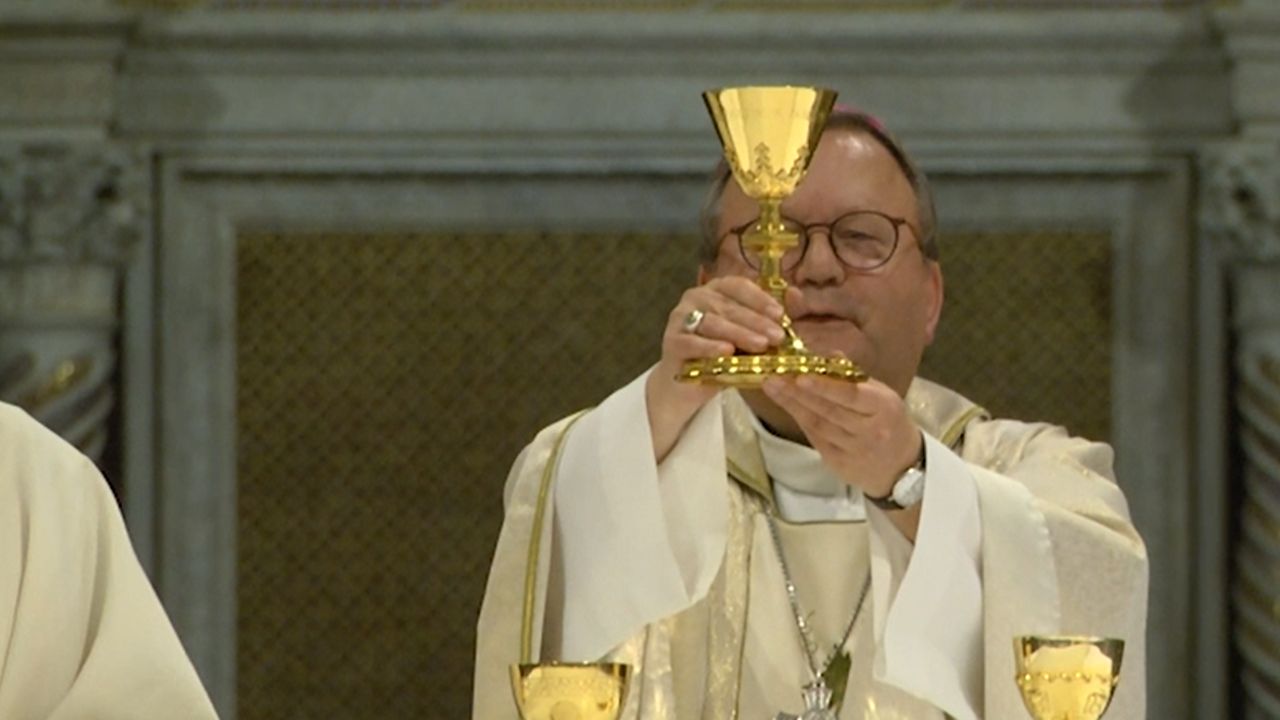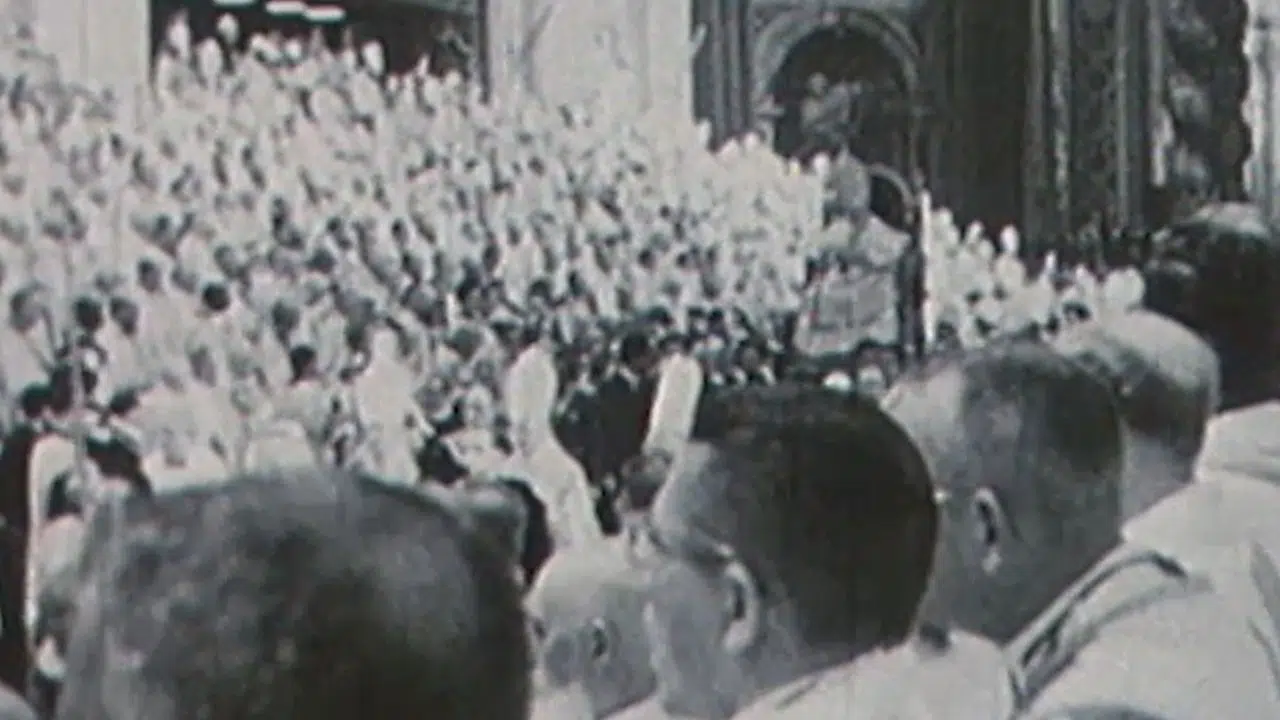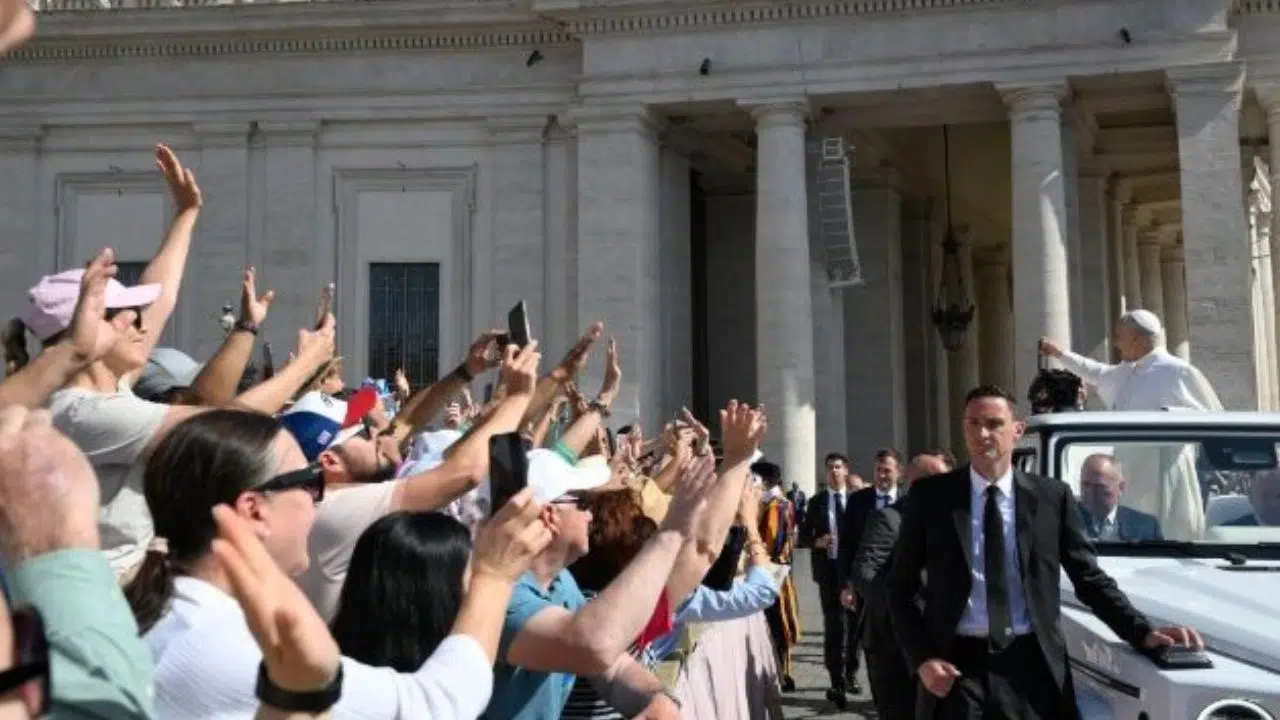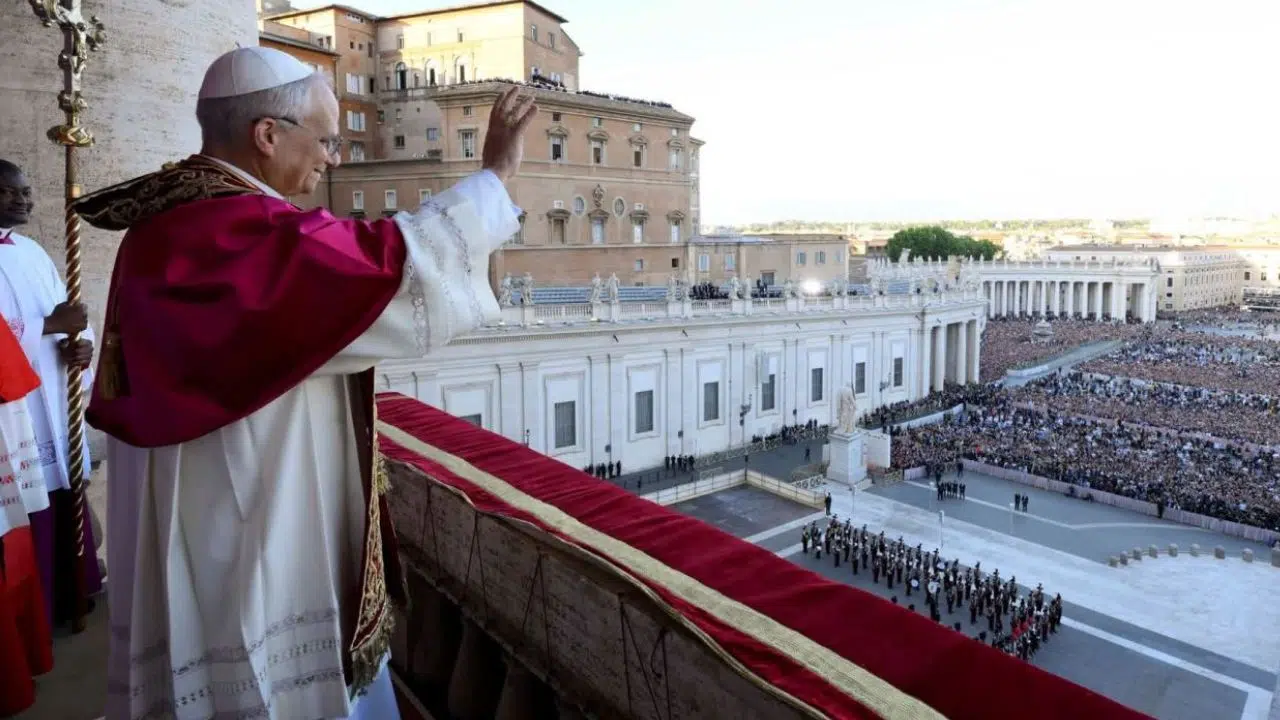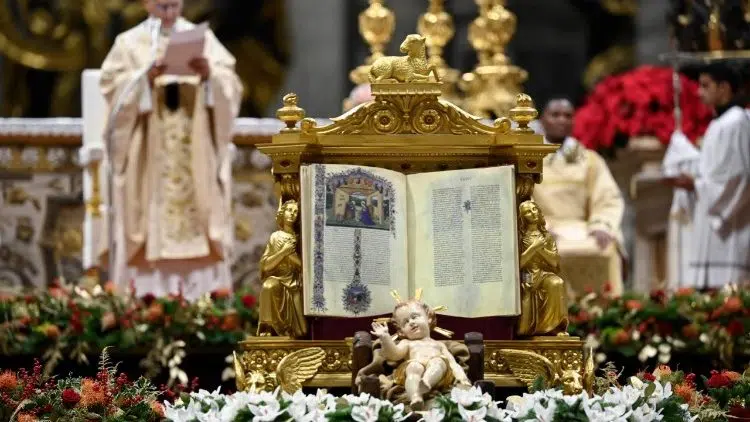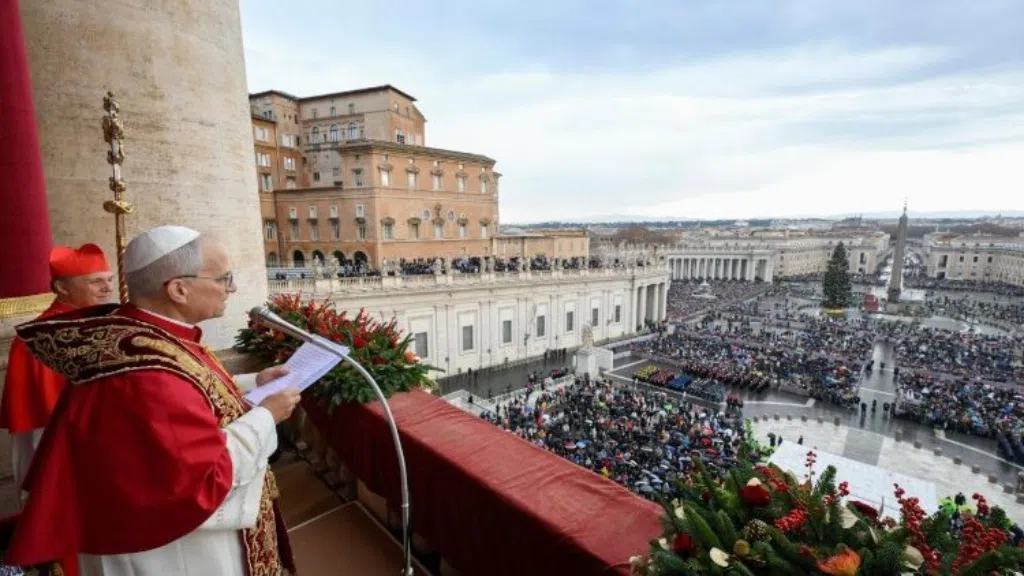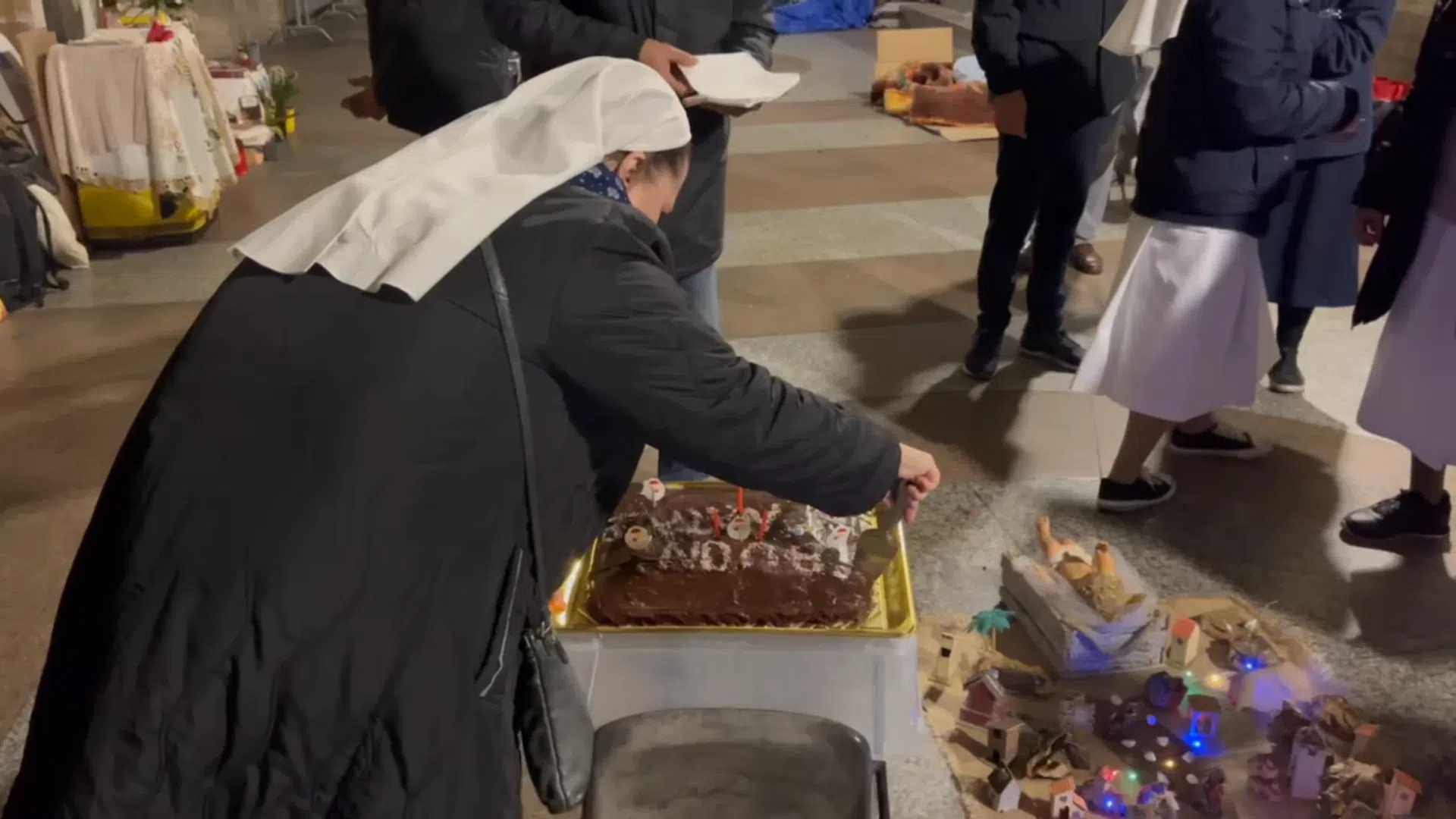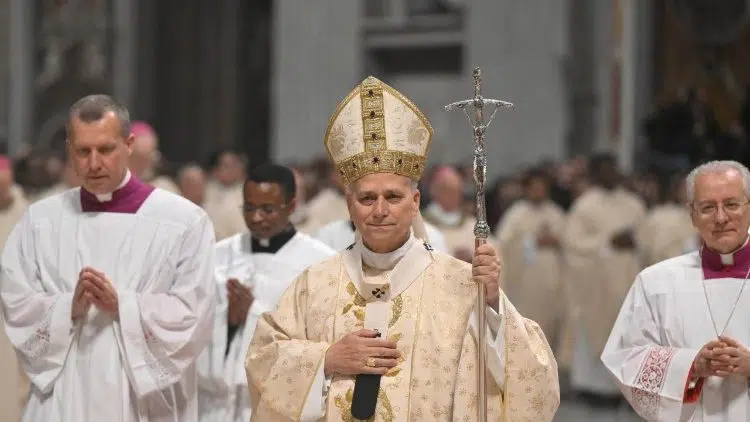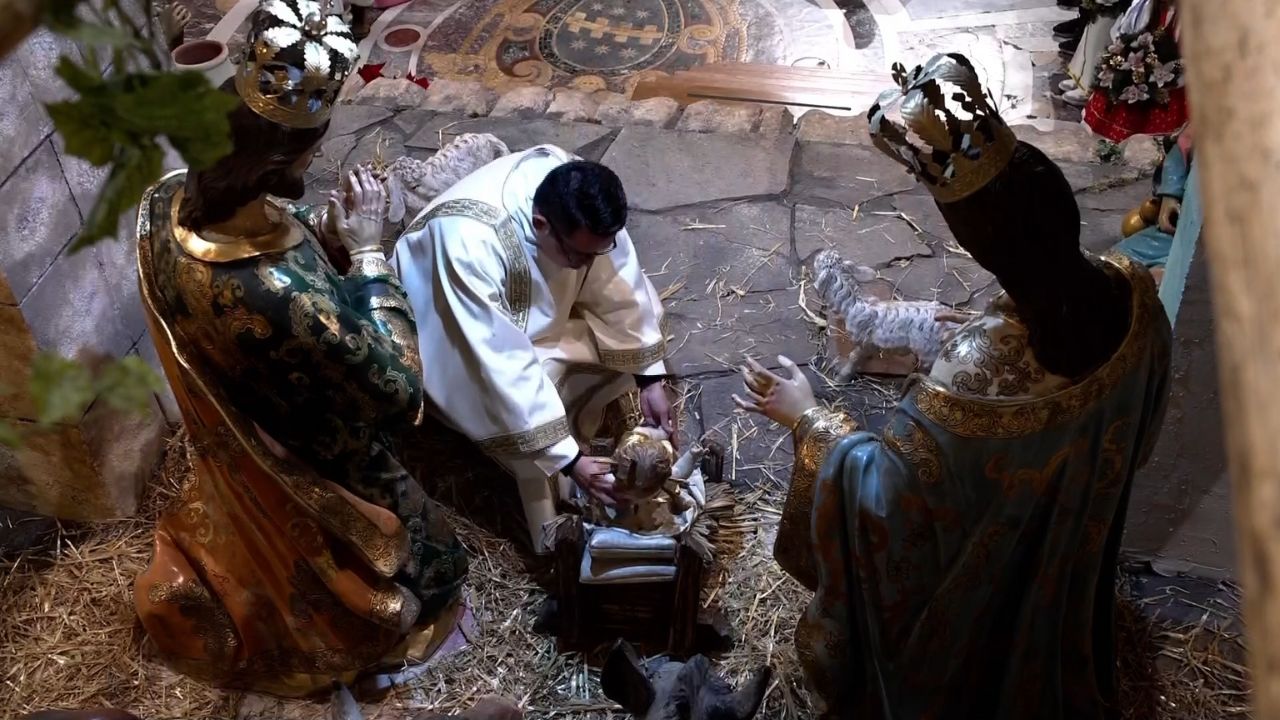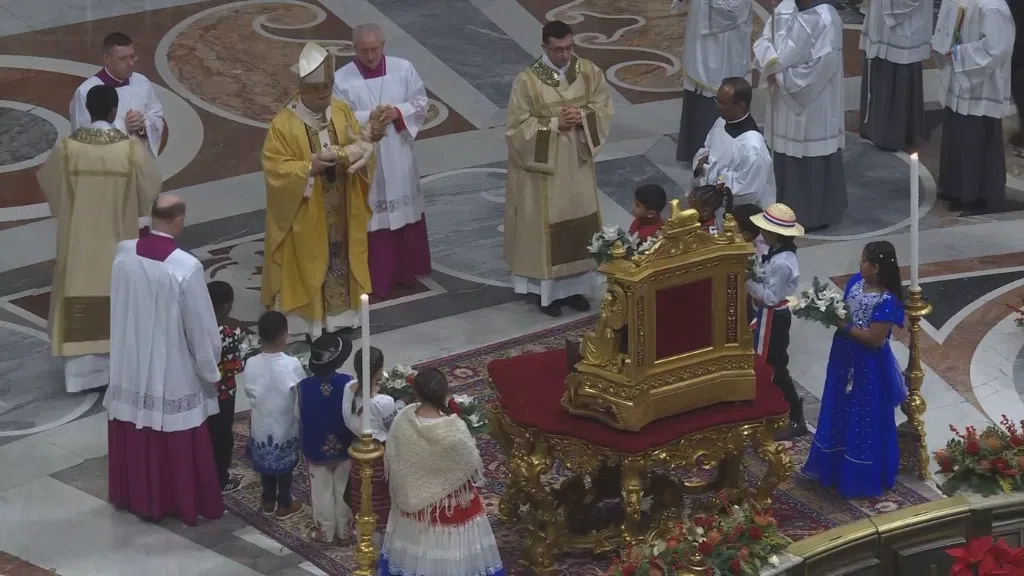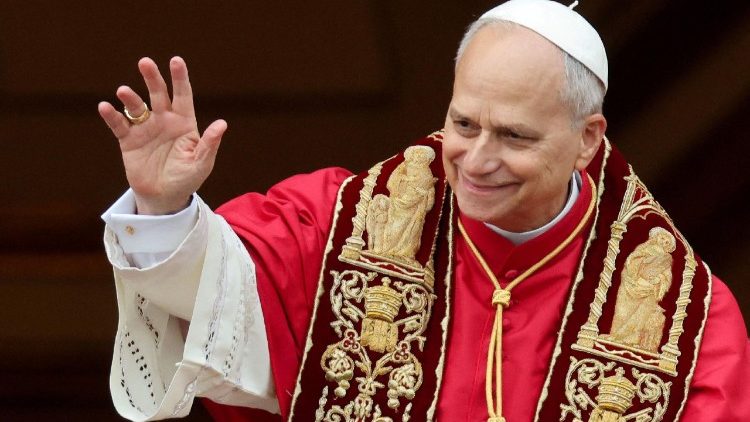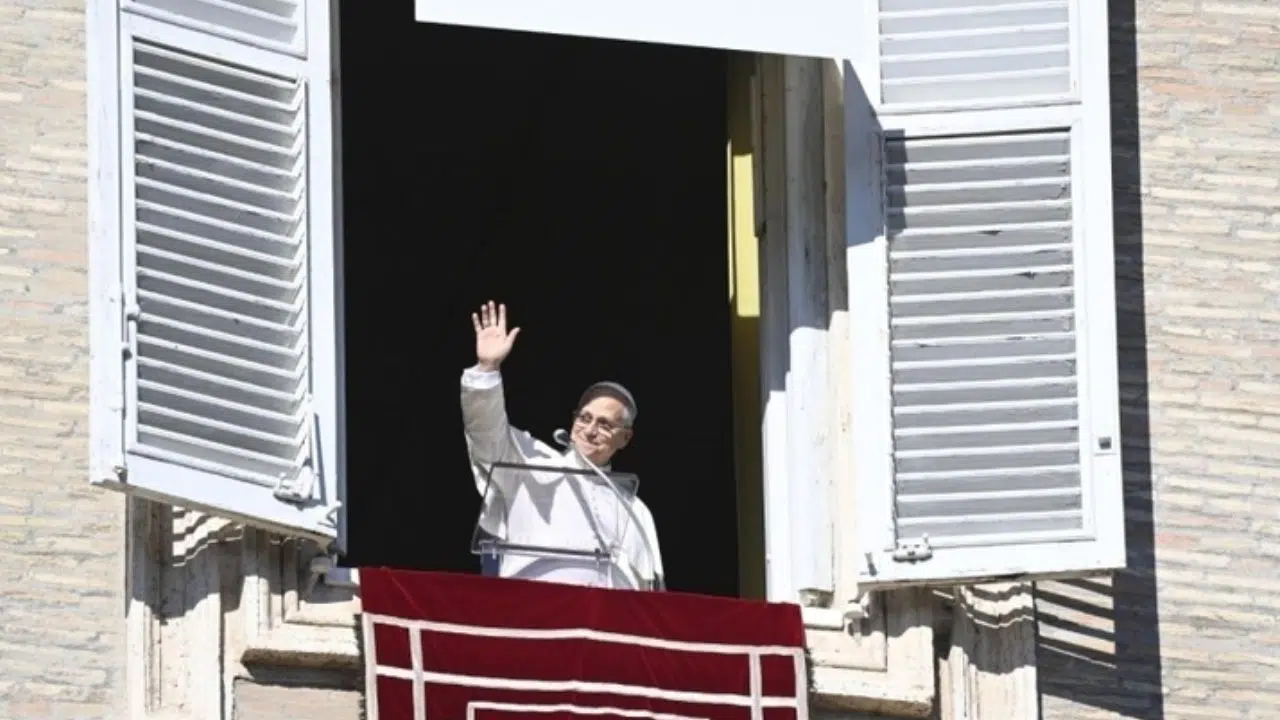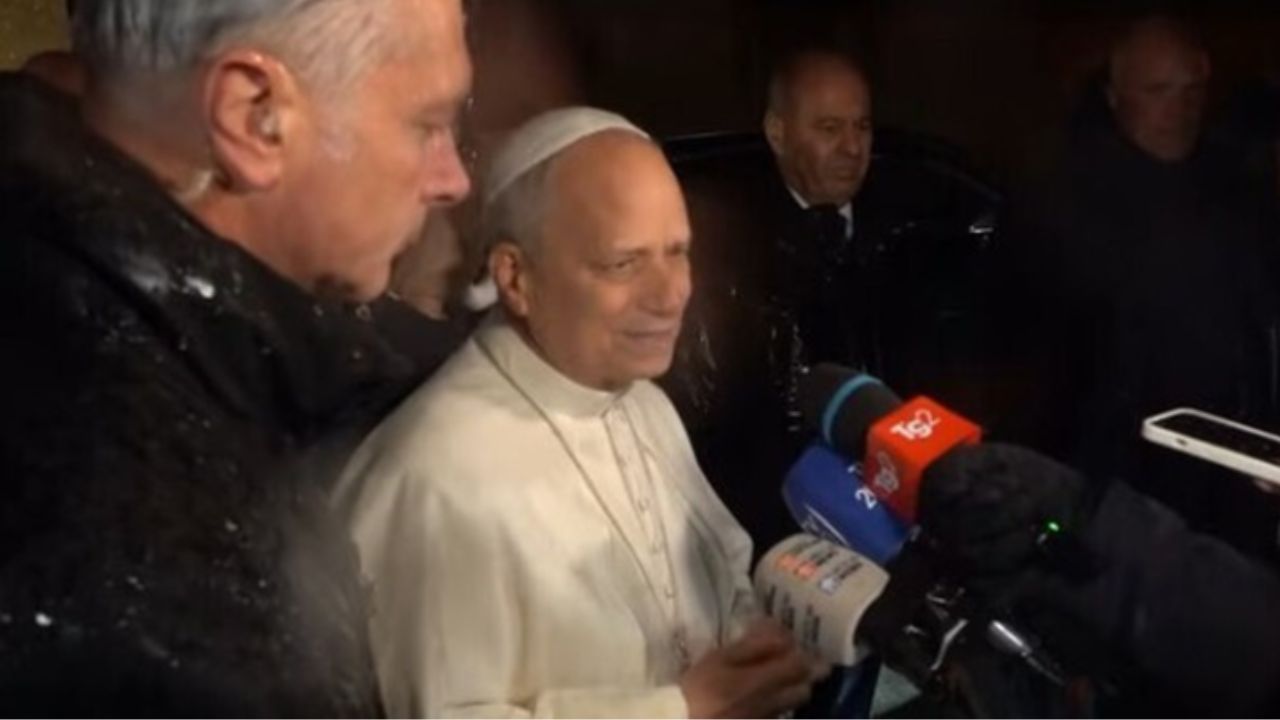The crisis in Nicaragua was underway for just a short period when Cardinal Leopoldo Brenes, from Rome, defined the situation.
June 2018
CARD. LEOPOLDO BRENES
Archbishop of Managua, Nicaragua
“We've seen it in the two wars we've had, where more than 50,000 people died, but there were armed people. It was one armed group against another armed group, but not in this case. It's against people who are walking down the street unarmed, or someone behind a barrier, maybe with a mortar. So this is much more intense than a war.”
It was June of 2018. Protests and unrest had begun in the month of April. Daniel Ortega's government responded with excessive force. The bishops went out to the streets, monstrance in hand, to protect civilians.
Since then, the situation hasn't improved. Even priests, who are on the people's side, have also been attacked.
This was the latest strike. A few days ago, the cathedral of Managua, the chapel of the Blood of Christ, was attacked with a molotov cocktail, leaving it in this state.
“Why did they do this, Lord?”
The bishops of Nicaragua have called the attack an act of sacrilege and intolerance. Card. Brenes calls it an “act of terrorism.” The government assures that the fire was caused by the candles pilgrims light and place around the image of Christ.
Even the pope, who has been following the situation in Nicaragua closely, through sources like the nuncio and other officials, condemned the attack.
POPE FRANCIS
Dear brothers and sisters, I think of the people of Nicaragua who are suffering because of the attack on the Cathedral of Managua, where an image of Christ was seriously damaged—almost destroyed. [This image] is highly venerated and has accompanied and sustained the life of the faithful people for centuries. Dear Nicaraguan brothers and sisters, I am near you and am praying for you.
The United States Department of State, in its latest report on religious freedom, says Daniel Ortega's government maintains a rhetoric of hatred against the Catholic Church. According to this study, the Sandinista regime incites abuses, including “the intimidation and harassment of worshipers and religious leaders and the violent targeting of churches.”
AC
Translation: CT
